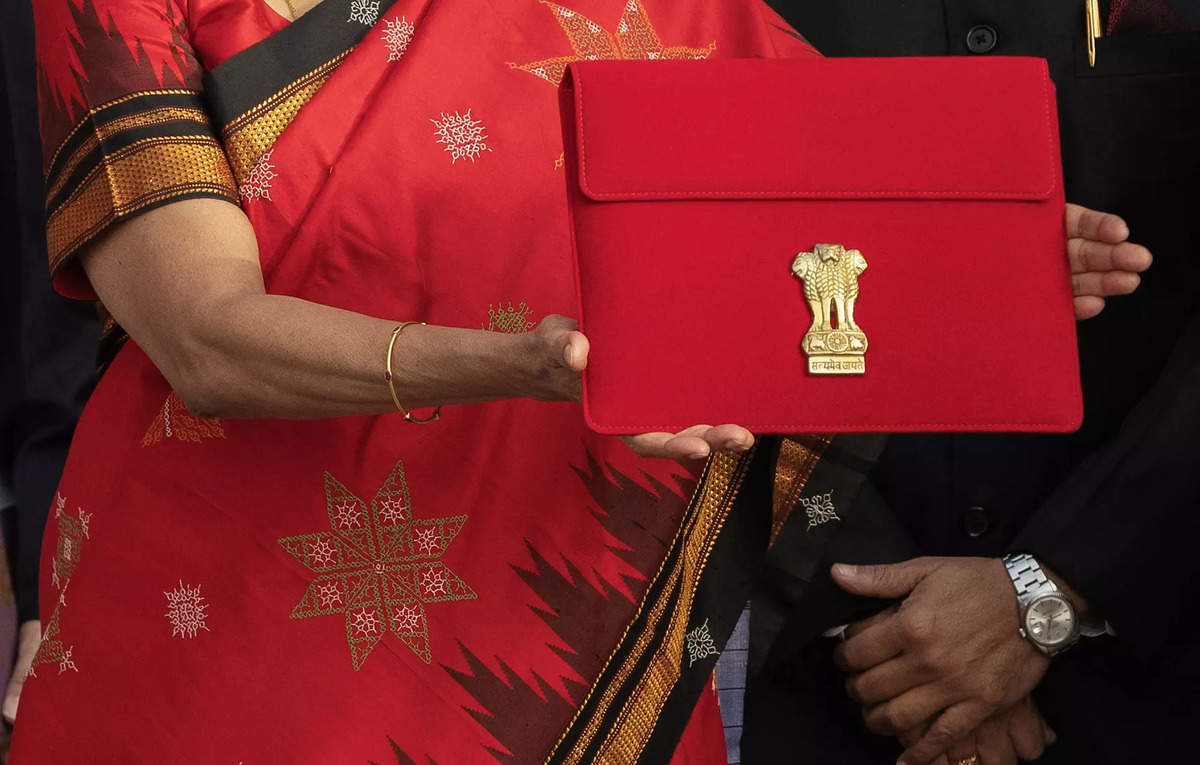


Industry leaders stress on need for reforms to drive sustainable, inclusive economic growth for India to emerge as competitive economy
With the government set to present the Union Budget 2024-25 on July 23, industry leaders and experts have reiterated the importance of structural reforms to drive sustainable and inclusive economic growth, especially the critical role of infrastructure development towards India becoming the third largest economy.
According to industry chambers, by prioritising structural reforms, strategic infrastructure development, targeted sectoral initiatives and a rationalised tax system, India can navigate current challenges and emerge as a stronger, more competitive economy in the long run.
Assocham has recommended accelerating investments through public-private partnerships (PPPs) with a focus on key sectors like transportation, energy, water supply, and digital infrastructure. This will enhance connectivity, improve productivity, and bolster India’s overall competitiveness.
continued below
In order to address the growing concern for environmental sustainability, the leading chamber of commerce urged the government to introduce policies and incentives that promote clean technologies, renewable energy sources, and sustainable practices across industries like agriculture, manufacturing, and transportation.
The government can further streamline regulations, expedite approvals and permits, and leverage digitalisation to attract investments and enhance operational efficiency, according to industry watchers.
According to ICRA, the government’s revenue receipts are likely to witness an upward revision of Rs 1.2 trillion in the ‘FY2025 Revised Budget’ over the ‘Interim Budget Estimate’ (IBE), while pegging a relatively shallower increase in the revenue expenditure (revex) target, largely focused on the rural economy.
The rating agency expects the revenue receipts of the government to increase on the back of a higher RBI dividend and a rise in tax collections.
“The government is likely to set a fiscal deficit target at 4.9-5.0 per cent for FY2025, vis-a-vis the IBE of 5.1 per cent of GDP, without compromising the capital expenditure target of Rs. 11.1 trillion,” according to ICRA.
The Budget Session of Parliament will start on July 22 and extend till August 12.
Finance Minister Nirmala Sitharaman will present the budget at a time when the Indian economy has clocked a robust 8.2 per cent growth in 2023-24, which is the fastest among the world’s major economies, and inflation coming down to below 5 per cent.
The RBI has stated that the economy is headed to an over 8 per cent growth trajectory. Prime Minister Narendra Modi has already declared that “the next five years will be a decisive fight against poverty”.
Meanwhile, apex business chamber CII has requested the rationalisation of stamp duty on land and phasing out the cross-subsidy on power rates to “reduce the cost of doing business”.
CII has also suggested that captive power plants (CPPS) should be brought on par with the power sector for coal pricing, allocation, and transportation.
It points out that as highlighted in the National Logistics policy, the government should continue digitisation aiming towards paperless logistics to save significant time and cost.